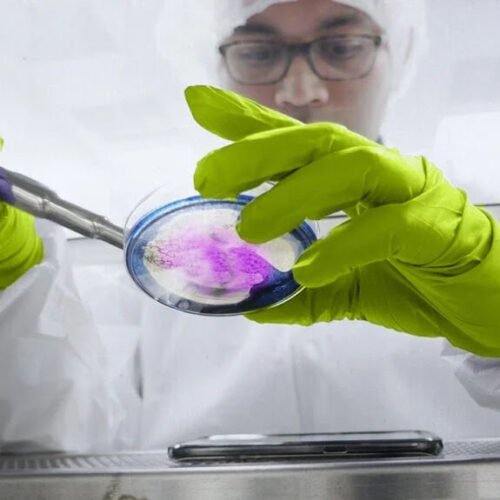While anticoagulants are important for preventing dangerous blood clots, they increase the risk of excessive bleeding. Future blood thinners may no longer increase the risk of bleeding if further studies confirm the potential of a new compound. Rather than target all clotting pathways to prevent thrombosis, the new compound strategically targets just one, so clotting...
Tag: <span>bleeding risk</span>
Researchers identify best blood thinner for minimizing bleeding risk
by University College London Credit: Unsplash/CC0 Public Domain A large-scale comparison of direct oral anticoagulants (blood thinners), commonly prescribed for irregular heartbeats, has identified the drug associated with the lowest risk of bleeding, in a new study led by UCL researchers. In the paper published in Annals of Internal Medicine, the researchers report that one of...
Combo antithrombotic therapy increases bleeding risk
(HealthDay)—Patients with chronic coronary artery disease or peripheral artery disease treated with the combination of rivaroxaban and aspirin face a greater risk for bleeding versus patients treated with aspirin alone, according to a study published in the Sept. 24 issue of the Journal of the American College of Cardiology. John W. Eikelboom, M.B.B.S., from Hamilton...


